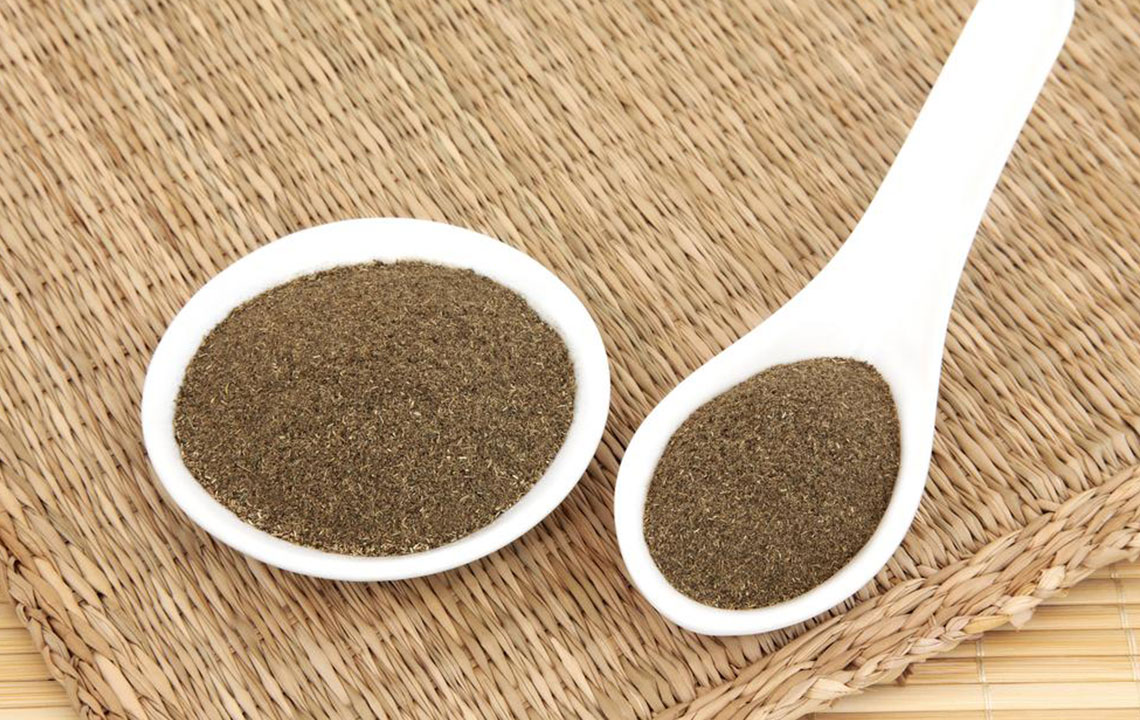Comprehensive Natural Approaches to Effectively Manage IBS Symptoms
Discover effective natural strategies for managing IBS symptoms through dietary adjustments, lifestyle changes, and stress management. This comprehensive guide offers practical tips that can help improve digestion, reduce discomfort, and enhance overall well-being, making it a valuable resource for those seeking alternative solutions to control IBS. Incorporate probiotic-rich foods, small meals, regular exercise, and stress reduction techniques for better digestive health and symptom relief.

Comprehensive Natural Approaches to Effectively Manage IBS Symptoms
Nearly 15% of adults in the United States are affected by irritable bowel syndrome (IBS), a common yet often troublesome gastrointestinal disorder. Managing IBS effectively is crucial for improving quality of life, especially when conventional treatments either fall short or result in undesirable side effects. Many individuals are turning to natural, lifestyle-based strategies to control their symptoms, reduce discomfort, and promote overall digestive health. This detailed guide explores a variety of scientifically supported and practical natural approaches that can assist in managing IBS symptoms comprehensively.
Limit intake of processed, greasy, and spicy foods
One of the most impactful dietary changes you can make is reducing the consumption of foods that irritate the gut. Spicy dishes, fried foods, and processed snacks are common culprits that can provoke intestinal contractions, leading to cramping, diarrhea, and bloating. Such foods can overstimulate your digestive tract, worsening IBS symptoms. By choosing whole, unprocessed foods, and cooking methods like steaming and grilling, you can minimize gut irritation and achieve better symptom control.
Eat smaller, more frequent meals throughout the day
Instead of large, heavy meals that can overload your digestive system, opt for smaller portions spread across several meals. This approach helps prevent stomach overstimulation and reduces the risk of symptoms like bloating, gas, and cramps. Smaller meals also facilitate easier digestion and reduce the pressure on your intestines, which is crucial for IBS management. Incorporating healthy snacks between meals ensures your blood sugar levels remain stable and your digestive system functions smoothly.
Include gut-friendly foods rich in probiotics and fiber
Fermented foods such as yogurt, kefir, sauerkraut, and kimchi are packed with beneficial probiotics that restore and maintain healthy gut flora. Good gut bacteria play a vital role in digestion, inflammation reduction, and immune regulation. Additionally, incorporating high-fiber foods like oats, beans, fruits, and vegetables supports regular bowel movements and helps prevent constipation and diarrhea. Soluble fiber, in particular, is gentle on the gut and helps bulk up stool, easing discomfort.
Stay physically active regularly
Engaging in moderate exercise, such as brisk walking, swimming, or yoga, for at least 30 minutes most days of the week can greatly benefit individuals with IBS. Physical activity stimulates intestinal motility, enhances blood flow to the gastrointestinal tract, and releases endorphins that reduce pain perception. Regular movement also aids in stress reduction, which is especially important because stress can exacerbate IBS symptoms. Consistent exercise routines can lead to fewer flare-ups and improved overall digestive health.
Implement effective stress management techniques
Stress and anxiety are common triggers for IBS symptoms and can worsen existing discomfort. Incorporating relaxation exercises such as deep breathing, meditation, or progressive muscle relaxation can help soothe the gut and reduce the frequency and severity of symptoms. Mindfulness-based stress reduction programs and cognitive-behavioral therapy have also shown promising benefits in helping patients cope with the psychological factors that influence GI health. Maintaining a balanced lifestyle with adequate sleep and hobbies can further promote mental and physical well-being.
In conclusion, managing IBS naturally involves a holistic approach that includes mindful dietary choices, regular physical activity, and stress control. While every individual’s triggers and responses vary, integrating these strategies into your daily routine can significantly reduce symptoms, enhance comfort, and improve your quality of life. If symptoms persist or worsen, always consult a healthcare professional for personalized advice and treatment options.





